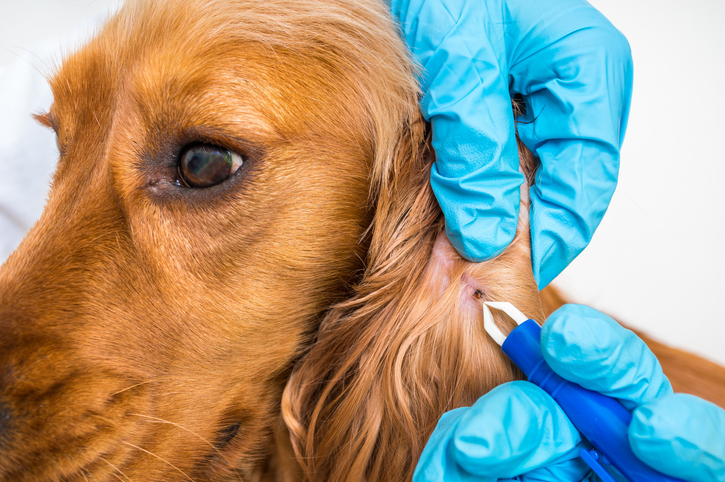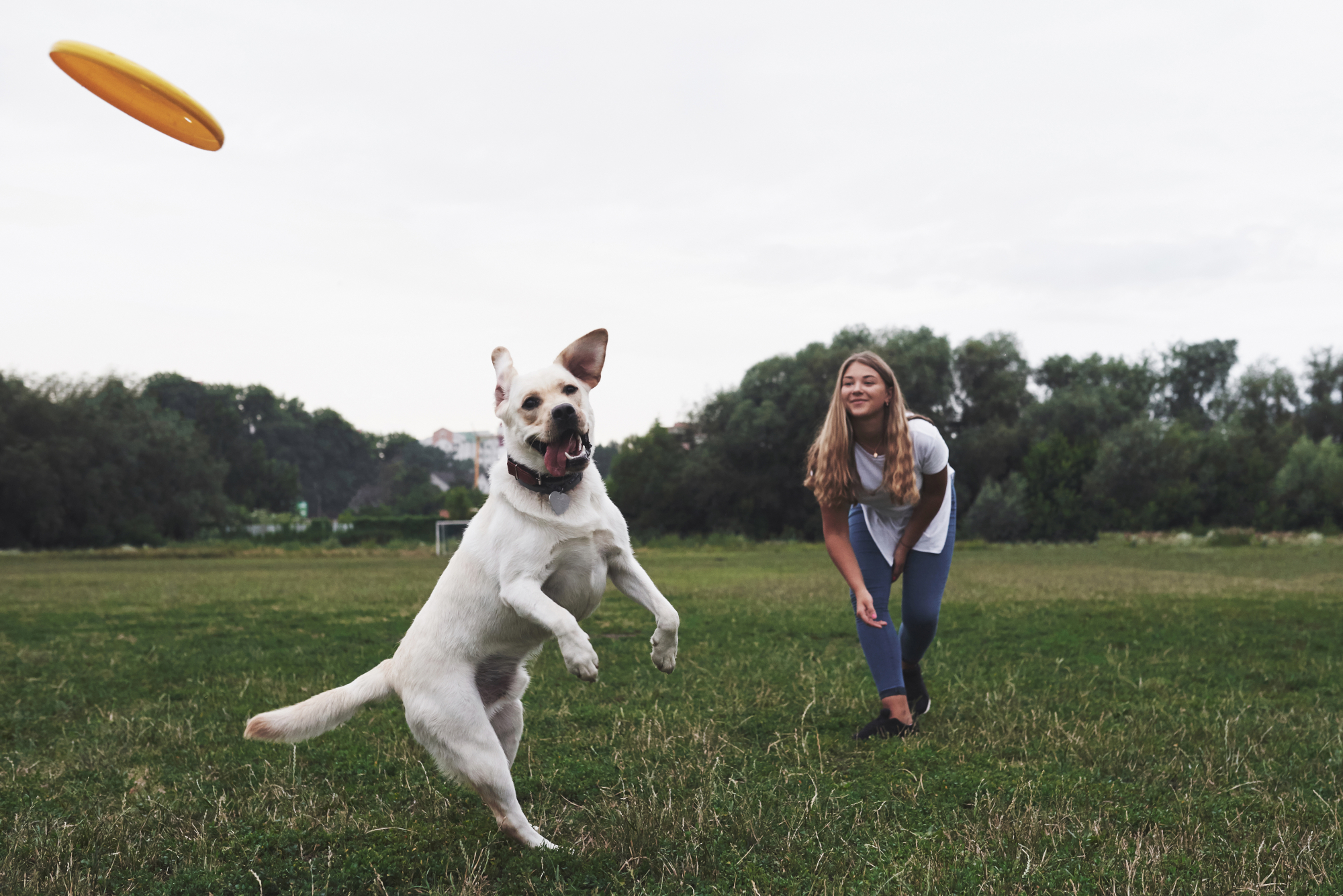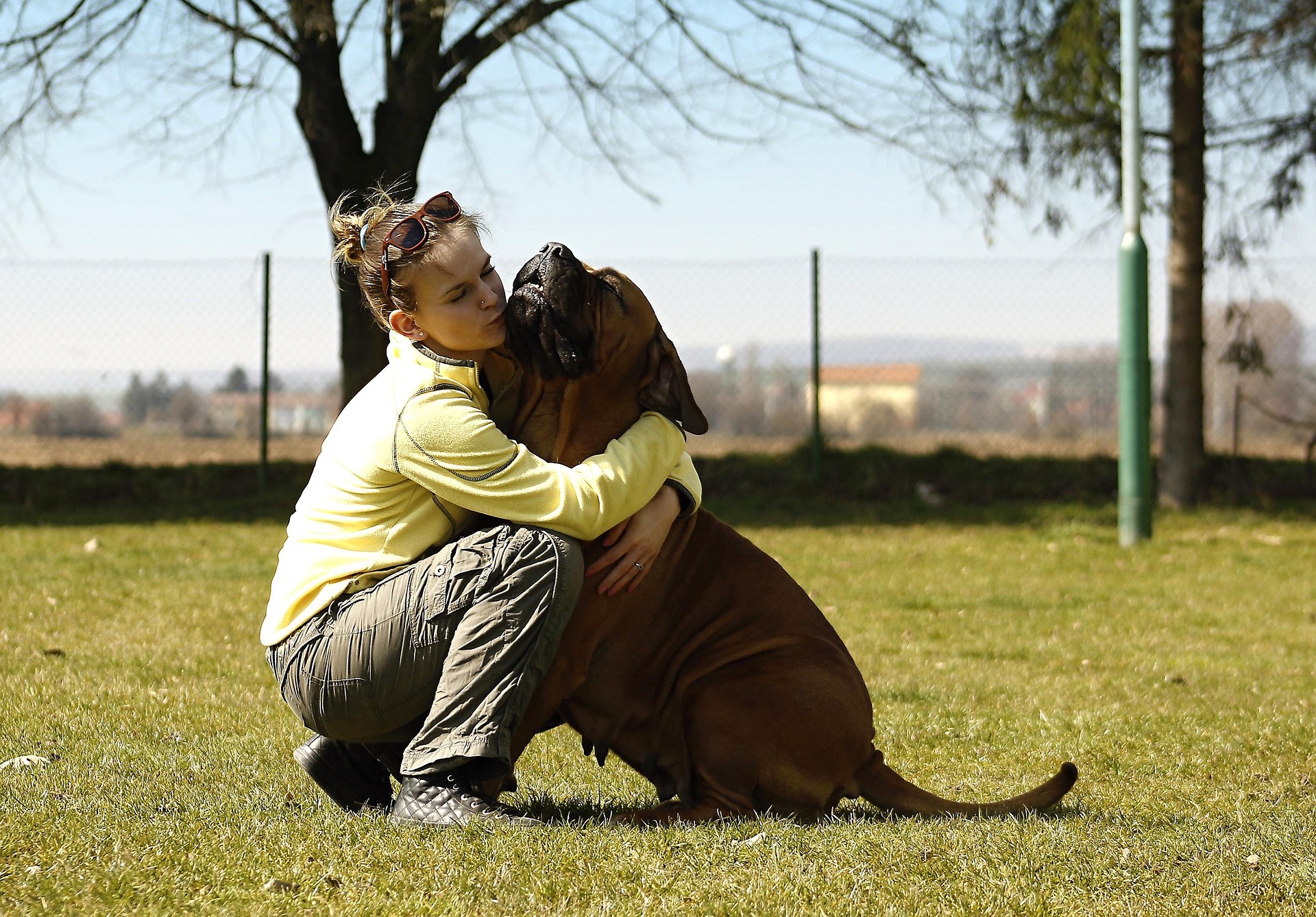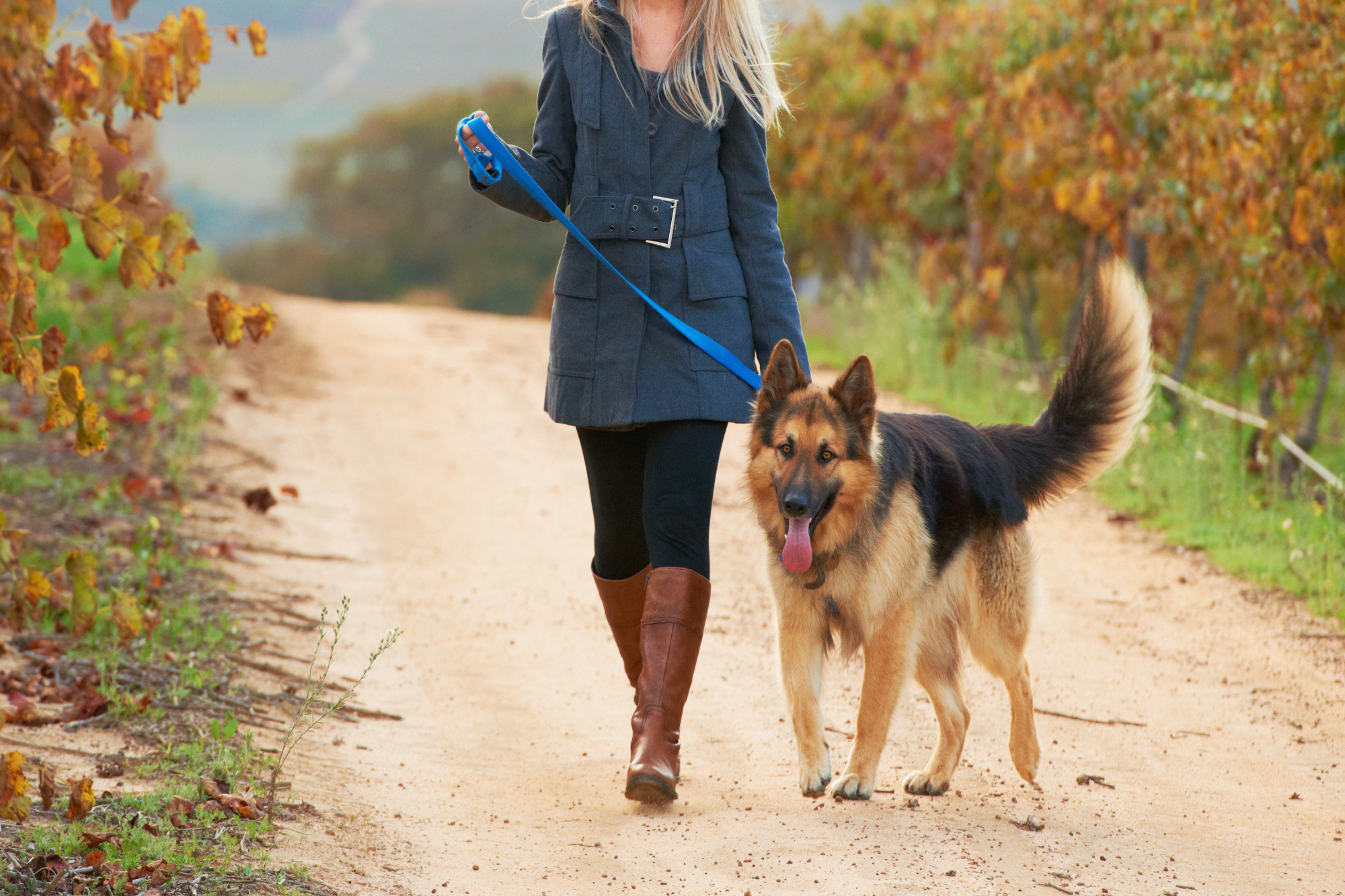Did you get a new puppy recently? If so, your puppy’s first veterinary appointment is a great opportunity to ask questions and address concerns you may have about raising your new pet. Now is the best time to ask for professional advice on how to provide quality care for your little pup now and in the future.
Expect some paperwork, a thorough physical examination of your puppy, a discussion about vaccinations plus a schedule, and advice about your puppy’s diet, exercise, dental care, and emergency situations. Before you leave, ask any questions that haven’t already been answered.
There will be Standard Paperwork to Complete
When you and puppy arrive at the veterinarian’s office, you will have to complete some paperwork. The information required will be:
- About You, the Owner – You will need to give basic information including your name, address, phone number, and employment. This record will make it easier for your veterinarian to contact you regarding future appointments and/or test results.
- About Your Pup – You will be asked your puppy’s name, sex, where and when you purchased or were given your pup, what — if any—medical care was given in the past, and if there are housebreaking concerns or behaviour problems you are aware of.
Expect a Nose-to-Toes Examination of Your Pup
Your veterinarian will carefully examine your puppy. They’re very accustomed to reassuring nervous pups—and their nervous owners!
- Weight – A weight check is needed to ensure your puppy is at a healthy weight. A pup’s weight is used to determine the amount of medication needed (only if any is required now or in the near future).
- Temperature – Your vet will take your puppy’s temperature, which indicates whether or not they’re currently fighting off an infection.
- Body Examination – Your veterinarian will check over your puppy’s body for lumps, swelling, and any indication of pain. The stomach and abdomen will be palpated afterwards to check them more carefully.
- Point Check – The veterinarian will make sure puppy’s ears look and smell fine; teeth are free of tartar and plaque; tongue and gums are clear and of good colour; eyes are bright and there is no cloudiness or discharge; anal glands are normal; the coat is healthy and shiny; and the skin is free of parasites, such as fleas and flea eggs.
- Lungs and Heart – Using a stethoscope, the vet will check the puppy’s lungs and heart to make sure their lungs are working properly, and their heart rate is normal with no abnormalities.
- Tail, Paws, and Back – This final stage of the examination ensures everything from top to bottom is normal.
Is It Time for a Vaccination?
Vaccinations are an important factor in providing essential care for dogs. Depending on how old your puppy is and whether or not some vaccinations have already been received, your puppy may need a vaccination at their first veterinary appointment.
The first vaccinations are usually given when puppies are between eight to twelve weeks old, which is also the appropriate age to live independently from their mothers and their littermates. There are core vaccinations that all dogs should receive and there are non-core vaccinations that are optional and dependent on your dog’s risk factors.
- Core Vaccinations – Puppies are very susceptible to illnesses so it is best to keep your pup away from most dogs and public places until they’ve received vaccine protection. Some of the most dangerous diseases to puppies are usually spread through feces, urine, and saliva.
- Canine distemper, or CDV – very dangerous and difficult to treat and often fatal
- Parvovirus, or CPV2 – attacks a dog’s gastrointestinal organs and is fatal if untreated
- Canine hepatitis, or adenovirus, or CAV2 – can cause eye and/or liver damage and breathing problems
- Parainfluenza – this respiratory disease is easily spread from dog to dog
- Rabies – this is the final vaccination needed because puppies must be 16 weeks of age to receive it. Rabies is fatal and can be transmitted to humans.
- Non-Core Vaccinations – Depending on where you live and your pup’s lifestyle, your dog may need some of these non-core vaccinations for such problems as bordetella, or kennel cough—a vaccination required at doggie daycare and kennels—or possibly leptospirosis, or Lyme disease.
Your veterinarian will give you a vaccination schedule that will include all of the necessary vaccinations needed as a puppy and booster shots when necessary to keep your dog protected throughout their adult years.
Protection Against Other Common Problems Begins Now
It is typical for treatment against parasites to begin at this stage. Your veterinarian will provide de-worming and medication or treatment for protection against ticks, fleas, and heartworms.
Your pup’s breed may be at risk for various medical problems. Your veterinarian can provide advice on prevention, screening, and testing for health problems that may occur in the future, and you can ask about the usual treatments for any of them.
Voice Any Concerns That Haven’t Been Covered
Your veterinarian cares about your new pet as much as you do! They’ll be happy to answer any questions you have that went unanswered. Don’t worry if you don’t think they are important or if they may sound silly; there’s no such thing as a silly question. If you brought a list of questions or thought of some during the examination, now is the time to ask.
- If you worry about how you will be able to cut your pet’s nails, ask when it must be done and how to do it.
- If you are nervous about brushing your dog’s teeth, ask for a demonstration.
- You can ask for suggestions about your puppy’s diet and for recommendations on age-appropriate dog food and treats.
- Raise any concerns you have about behavioural issues, such as barking, whining, or chewing on items they shouldn’t be.
- Ask about having an ID microchip inserted, when it can be done, and the cost.
- Ask what is considered to be an emergency and when and where to call after hours for help. Make sure you know where to take your hurt pet to a dog hospital or a dog clinic if you can’t wait.
Your veterinarian can help you prevent your best friend from becoming ill. They can also detect possible problems even before an onset of signs and symptoms that can be observed. Early treatment means a good chance of complete recovery.
Bring your questions and concerns and be prepared to discuss your worries about care and costs. Your puppy will be a little nervous about this visit and may be worn out and sleepy afterwards—and you might be, too! However, the vet visit is worth it for both of you. Your puppy’s first veterinary appointment will start your new pet on the road to good health and a long and happy future. It’s a road you can enjoy traveling along together!
Creative Commons Attribution: Permission is granted to repost this article in its entirety with credit to Hastings Veterinary Hospital and a clickable link back to this page.






